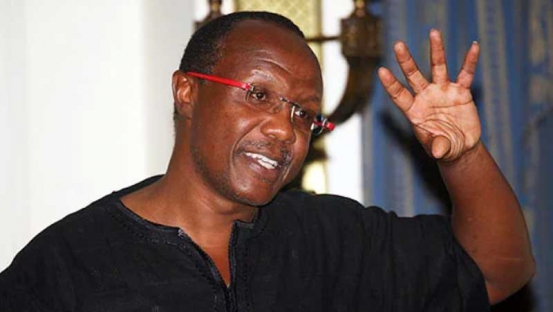
Dr David Ndii’s arrest has sent shockwaves in our political space by mobilising intense anxiety especially in the period of disappearance – between arrest in the night to re-emergence in Nairobi the following morning. In this column, I contribute to the debate of his arrest and the aftermath by examining some issues that have emerged.
Following the insights of renowned Canadian scholar of policing, Jean-Paul Brodeur, I argue that our ability to respond to the threat of repression lies in our commitment to distinguishing between low and high policing.